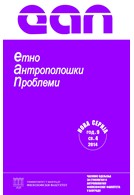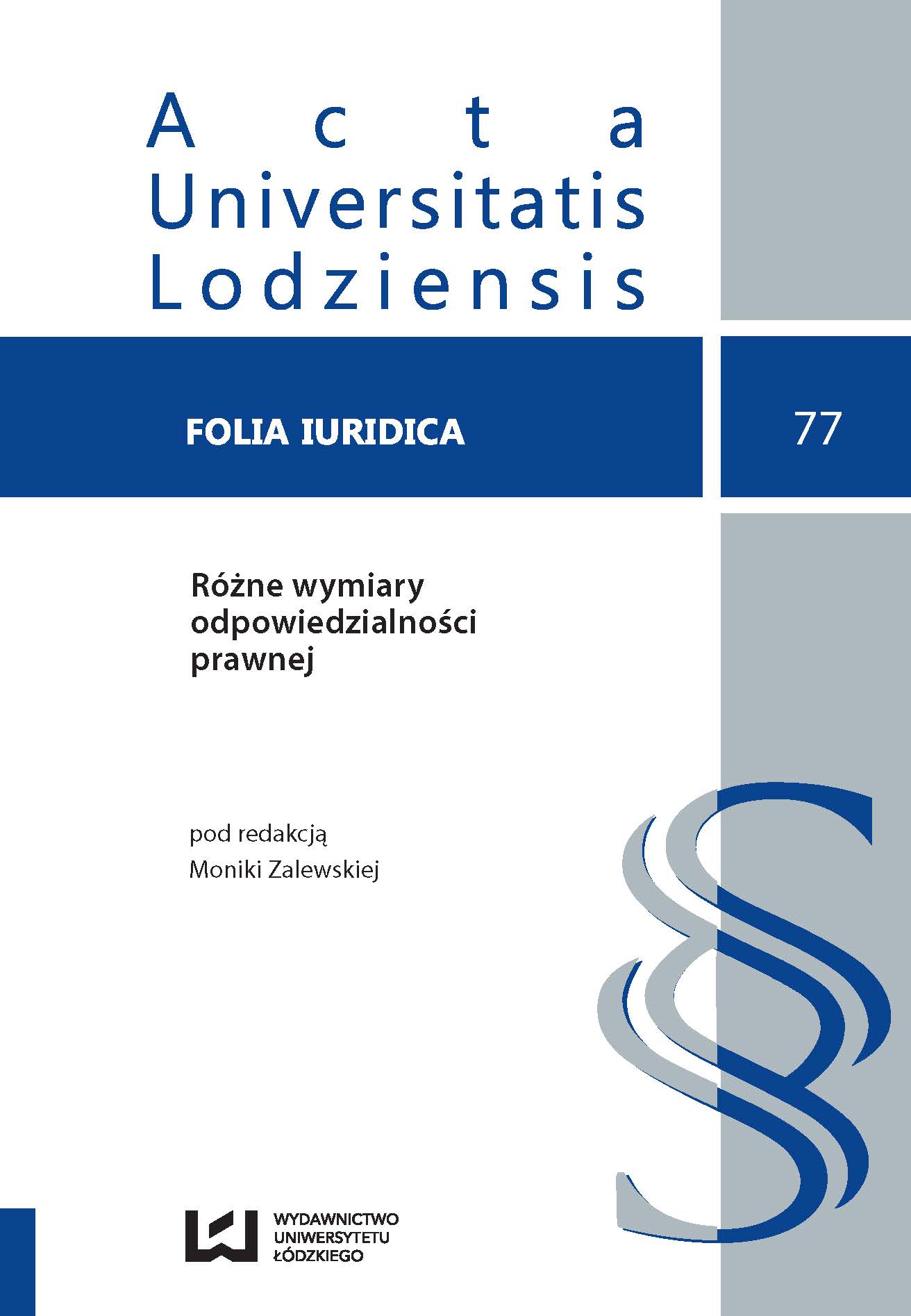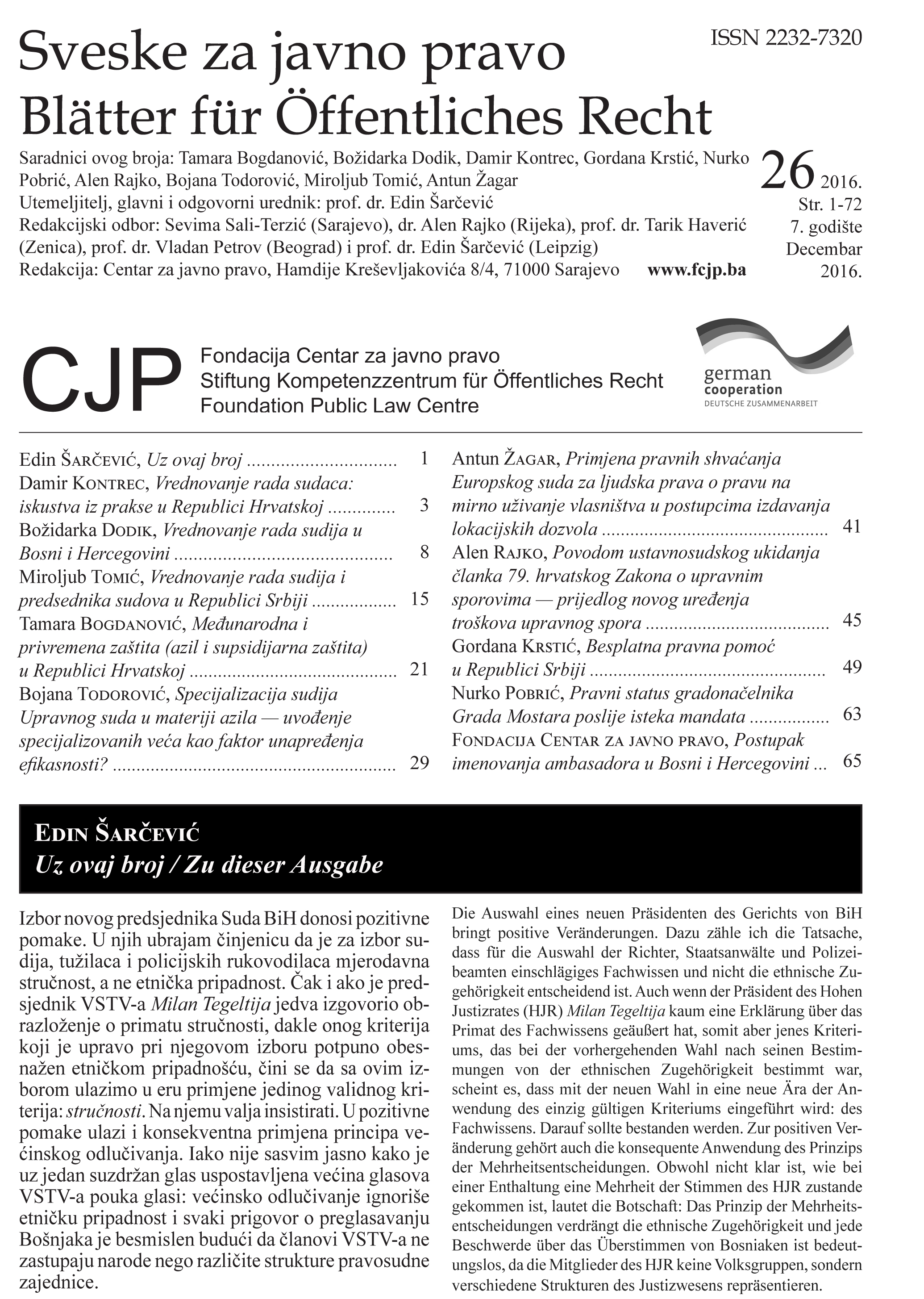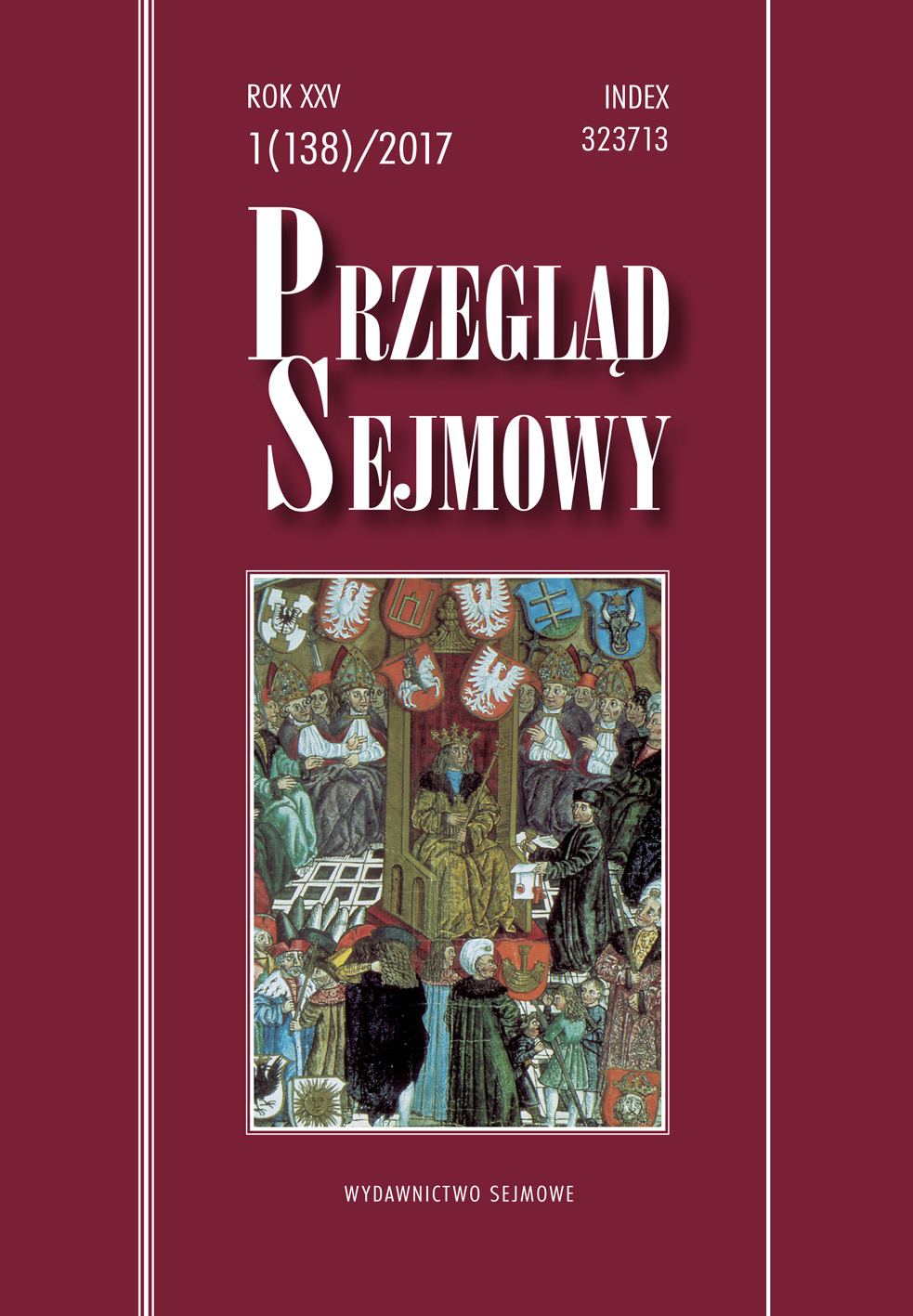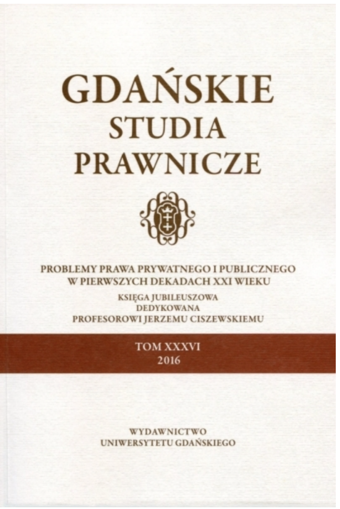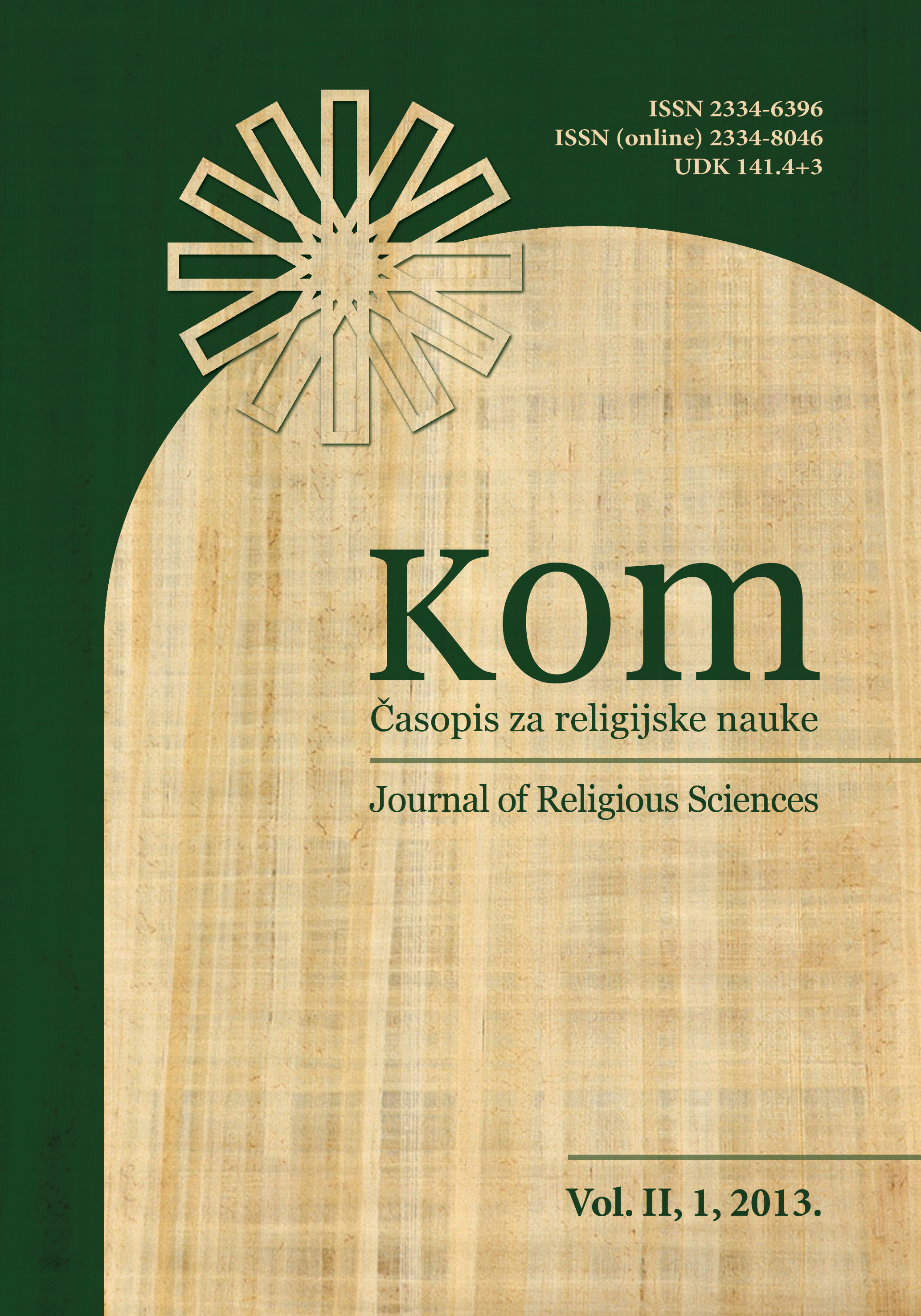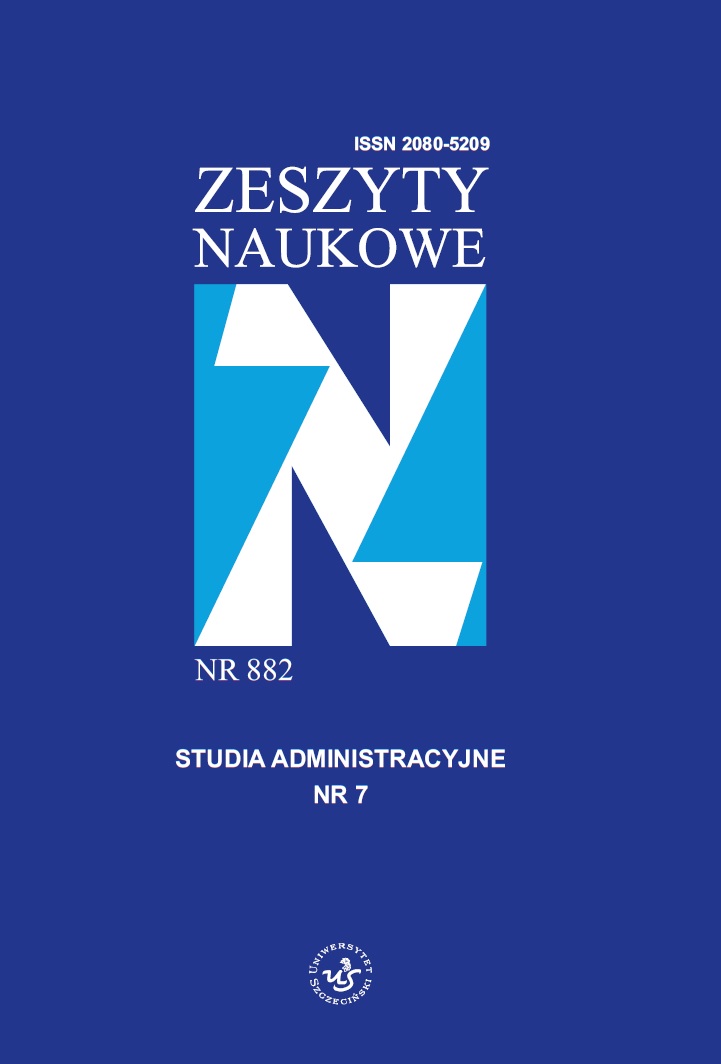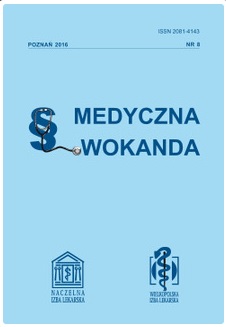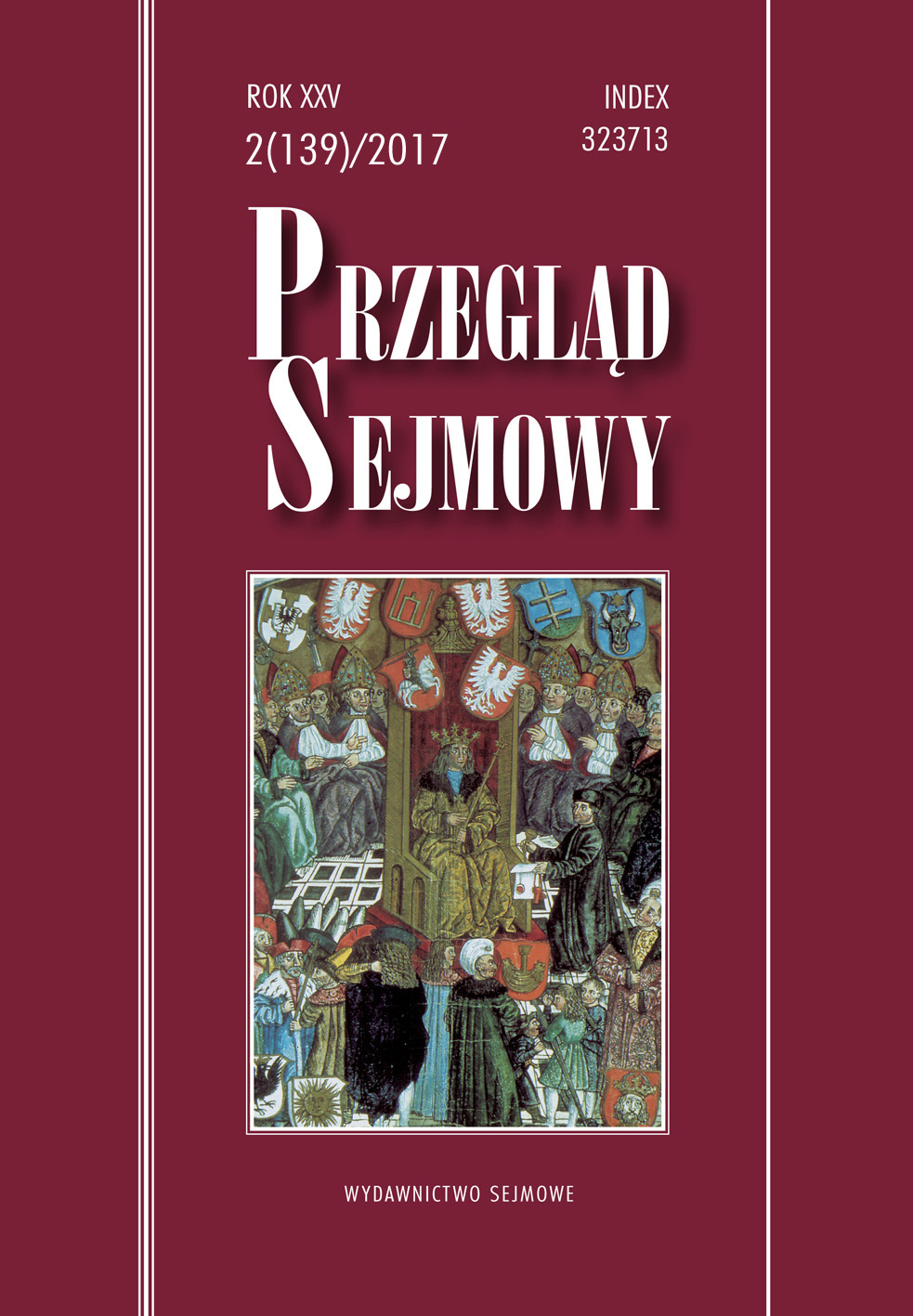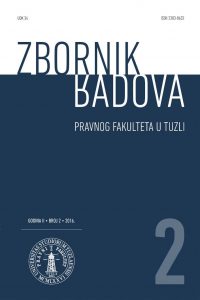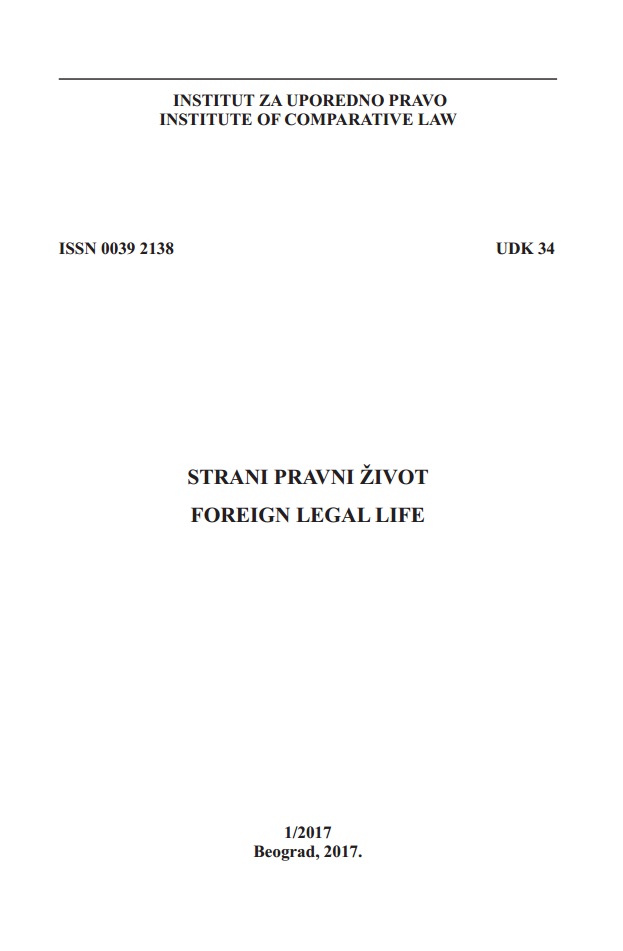Author(s): Aušra Kazlauskienė,Asta Leonavičienė / Language(s): Lithuanian
Issue: 1/2010
The carried out researches enable to state that much attention is focused on specialists’ competence. However, legal competencies of child rights protection specialists have not been sufficiently analysed both in theoretical and practical aspects. All these named facts enable to state that the analysed problem requires scientists’ insights in this area. Research aim. To analyse manifestation of legal rights in the child rights protection specialists’ work. Research method. Analysis of documents that enabled to generalise legal acts of the Republic of Lithuania, regulating protection of children’s rights, analysing manifestation of child rights protection specialists’ legal competencies. Having generalised research results, it can be stated that manifestation of child rights protection specialists’ legal rights is reflected in the analysis of the Civil Code of the Republic of Lithuania, Law on Fundamentals of Protection of the Rights of the Child of the Republic of Lithuania, other legal acts, and assessing the job description of the specialist of the service. Assessing functions provided in the child rights protection senior specialist’s activities, it can be stated that they have to carry out: the function of representation in courts (to defend children’s rights and lawful interests, to prepare and submit conclusions for courts on the issues of protection of children’s rights); the experts’ function, which enables to analyse the reasons of violations of legal acts in the area of protection of children’s rights and submit proposals regarding improvement of legal acts, draft legal acts and their changes, submit conclusions. In addition to that, the ability to recognise theoretical and practical problems in the area of protection of children’s rights and find forms and methods for solution of these problems; the function of supervision (to carry out legal supervision of documents prepared by the department); the function of the analyst (to analyse the cases analysed during the trials and submit related conclusions and proposals); the function of the informant (to provide information for concerned state and municipal institutions about violation of children’s rights and interests and about cases analysed in courts); the function of the court mediator (to collect materials and prepare claims, statements, applications, complaints for courts to carry out other procedural actions). All named functions are implemented on the basis of legal knowledge and abilities. The competencies of child rights protection specialists attributed in the Civil Code of the Republic of Lithuania encompass the following activities: offering of agreements, of applications, of claims, of conclusions, supervision, participation, organisation and coordination. All these activities are related to legal competencies. Submitting the conclusions, the specialist ensures the child’s rights if spouses live separately; any child related argument is solved. In addition, the specialist submits the conclusion regarding term less/temporary limitation of parental powers, which is based on legal documents. Submitting the applications to the court regarding establishing permanent guardianship, the child’s separation from the father (mother), disaffirmation of the child’s separation from parents, parents’ suspension from management of children’s property if parents manage the property that belongs to the child inappropriately, child rights specialists must have acquired legal competencies which determine quality work. Such competencies are necessary offering claims, participating in the processes that ensure the child’s rights, organising and coordinating children’s guardianship, care and foster parents’ readiness for guardianship.
More...
